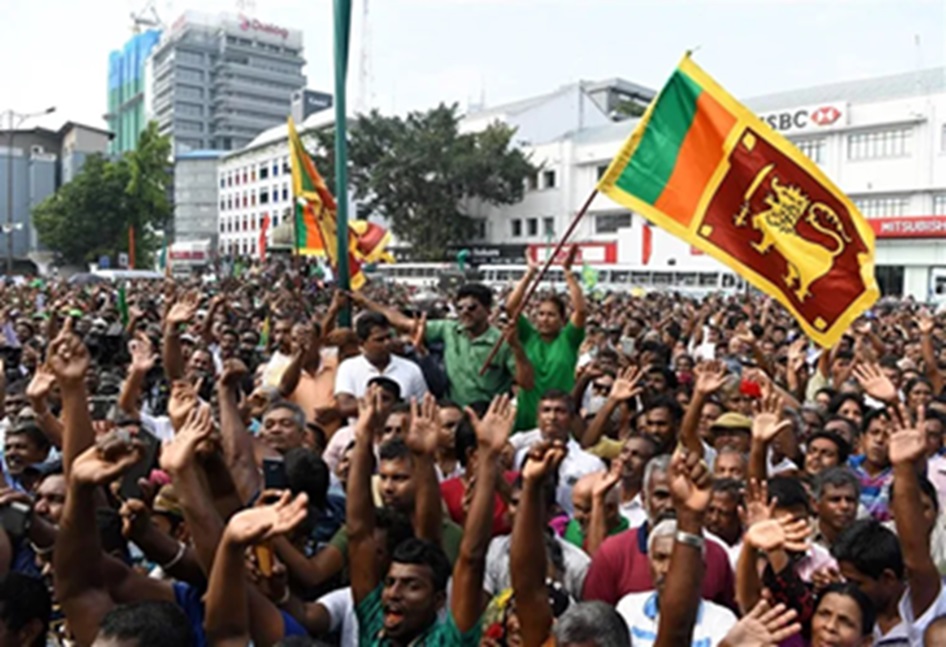Piracy demands concerted attention not only because it enmeshes security concerns with complex socio-economic, legal and humanitarian issues, but also because it is a serious threat to the shipping industry which is the lifeline of many Nations. In a decisive move to curb the age-old menace of Piracy and Armed Robbery at sea, the Parliament of India passed the Maritime Anti-Piracy Bill on 21 Dec 22. Once accorded approval by the President of India making it a law, it will fulfil a long pending demand of maritime security forces, particularly, those by the Indian Coast Guard and by the Navy.
Stories regarding maritime piracy have been heard and existed for days of yore. Pirates of yesteryears – from plundering Vikings to 17th-century raiders who pillaged Spanish galleons – are long gone, giving way to the new generation of pirates, whose modus operandi was to hijack ships and hold the crew to ransom, under a Business model, wherein a separate insurance market exists to cover such risks of shipping. Resultantly, in modern times, Malacca Strait and the Somalian coast have been ‘infamous’ and at particular junctures, were dreaded by the mariners. As per the available records of the year 2022, there have been 84 incidents of armed robbery and piracy reported across Asia and a total of 115 incidents reported off the coast of Africa/Malacca Strait/Worldwide.
The basic difference between piracy and armed robbery is – as per Article 101 of the United Nations Convention on the Law of the Sea (UNCLOS), the act is referred to as ‘piracy’ when it occurs in international waters or outside the jurisdiction of any state, whereas International Maritime Organisation (IMO) Assembly Resolution A.1025(26) states that ‘any illegal act of violence or detention, or any act of depredation, or threat thereof, other than an act of “piracy”, committed for private ends and directed against a ship, or against persons or property on board such ship, within a State’s internal waters, archipelagic waters and the territorial sea is called ‘armed robbery at sea’. In India, sporadic theft cases have also come to notice, once the ships were at anchorage and these theft incidences are dealt with under the provisions of the Indian Penal Code/Indian Criminal Code.
In a watershed moment in contemporary world maritime history, Indian Coast Guard Ship Tarabai, in Nov 1999, apprehended a Japanese merchant vessel ‘Alondra Rainbow’ that was earlier hijacked by ‘pirates’ while the ship was on a voyage from Port Kuala Tanjung in Indonesia to Miike in Japan. Hijackers changed the ship’s appearance and name to ‘MV Mega Rama’. An ICG Dornier reconnaissance aircraft spotted MV Mega Rama off Tuticorin after input was received by a merchant ship captain having observed an ‘Alondra Rainbow’ like ship in the Arabian Sea.
ICGS Tarabai intercepted the ship MV Mega Rama (original Alondra Rainbow whose name was changed by hijackers) and chased her for almost 36 hrs (INS Prahar later joined in the chase for nearly 18 hours) and forced the Ship to stop after her engine room got flooded as a consequence to collaborated use of force.
ICG brought all apprehended crew and handed them over to the police. Probably, that was the first time, when the security agencies felt the requirement of having a specific law under which the ‘pirates’ could be prosecuted. The provisions of the Indian Penal Code or Criminal Code could not be extended in case of the alleged ‘pirates’ being foreign nationals and the crime was actually committed outside Indian territorial water (12 NM) or even beyond Indian EEZ. The ship ‘MV Mega Rama’ along with her crew was apprehended some 270 NM away from the west coast of India.
The pirates were finally prosecuted under the umbrella of Archaic Admiralty Law, having a provision that pirates could be prosecuted by the law of the land whose enforcement agencies caught them on the high seas. They all were jailed by the Sessions Court just to be released scot-free, subsequently after trials in the Bombay High Court as the Court felt that there were not enough grounds (under the existing acts) to punish them by a jail term, though a total of 11 charges were slapped on pirates under IPC.
Passage of the Maritime Anti-Piracy Bill will facilitate the prosecution of any personnel, irrespective of nationality under Indian domestic law. The bill will also be applicable to non-state actors or state-less people. The bill defines Piracy as –
“(i) any illegal act of violence or detention or any act of depredation committed for private ends by any person or by the crew or any passenger of a private ship and directed on the high seas against another ship or any person or property on board such ship;
(ii) any act of voluntary participation in the operation of a ship with knowledge of facts, making it a pirate ship;
(iii) any act of inciting or of intentionally facilitating an act described in (i) or (ii); or
(iv) any act which is deemed piratical under the international law including customary international law”.
It may be inferred that under this definition, any ‘pirate’ irrespective of his/her nationality can be now prosecuted under Indian domestic law. The bill also specifies that “anybody voluntarily participating in operating ship knowing that it is a pirate ship, can also be held ‘guilty of piracy’, which implies that even the crew who may not be a part of hijacking team, but if they operate the ship knowing that it was a pirated ship, will also be dealt under the law as if they are pirates. A case where some of the crew manning hijacked ‘Alondra Rainbow’ under the fictitious name of ‘MV Mega Rama’, would be prosecuted under the new law.
It may be noted that the act of piracy defined in the Indian bill is not much different than how it has been defined under UNCLOS. The only difference is this Bill will provide an effective legal instrument to combat maritime piracy, not only in India’s territorial waters in the Exclusive Economic Zone but also on the high seas.
In the normal case under IPC, an offender is presumed innocent unless he is proven guilty by the prosecutors. The bill has very stringent terms for getting bail to alleged offenders, whereas, the onus of proving oneself innocent of alleged crime will lie on the offender, just like the provisions of the NDPS Act. From the purpose of trials, the bill has the provision of designating specific sessions in court within various states.
India, due to its geo-strategic location straddling the Indian Ocean plays a vital role in ensuring maritime safety and security in the SLOCs of the South Asian waters. During the last sixteen years (2007-2022), Asian ports have observed 1906 cases of armed robbery/ piracy/ petty theft cases mainly on ships in anchorage. However, in the future times, for any legal prosecution after such eventuality at sea, this bill is a landmark step on hand. Whilst it will deter the potential pirates, on the other hand, it will instil confidence in mariners towards India’s commitment to providing maritime safety and security. The bill is a definitive step in line with the Government of India’s vision of SAGAR, i.e. Security And Growth for All in the Region, giving a fillip to India’s projection of being a significant player in the international arena, as a pirate attack can be on the ships of any nation but if captured by Indian authorities, the hijacker will be booked as per the new bill.
There has been an ambiguity in the provisions of this bill. Whilst there is a provision for a maximum punishment of life imprisonment or fine or both for somebody who commits an act of piracy, on the other hand, the bill also has a provision of 14 years jail term for participating or organizing or directing others to participate in the act of piracy.
Notwithstanding, maritime anti-piracy law is a right step in the right direction. It has been almost 25-26 years since the need was felt to have such a bill. Despite minor ambiguities, it can be easily said about the bill, ‘Der Aaye Durrust Aaye’ (It is better to be late than never).
Title image courtesy: The Maritime Executive
Disclaimer: The views and opinions expressed by the author do not necessarily reflect the views of the Government of India and Defence Research and Studies. The views expressed by the author are purely personal.







